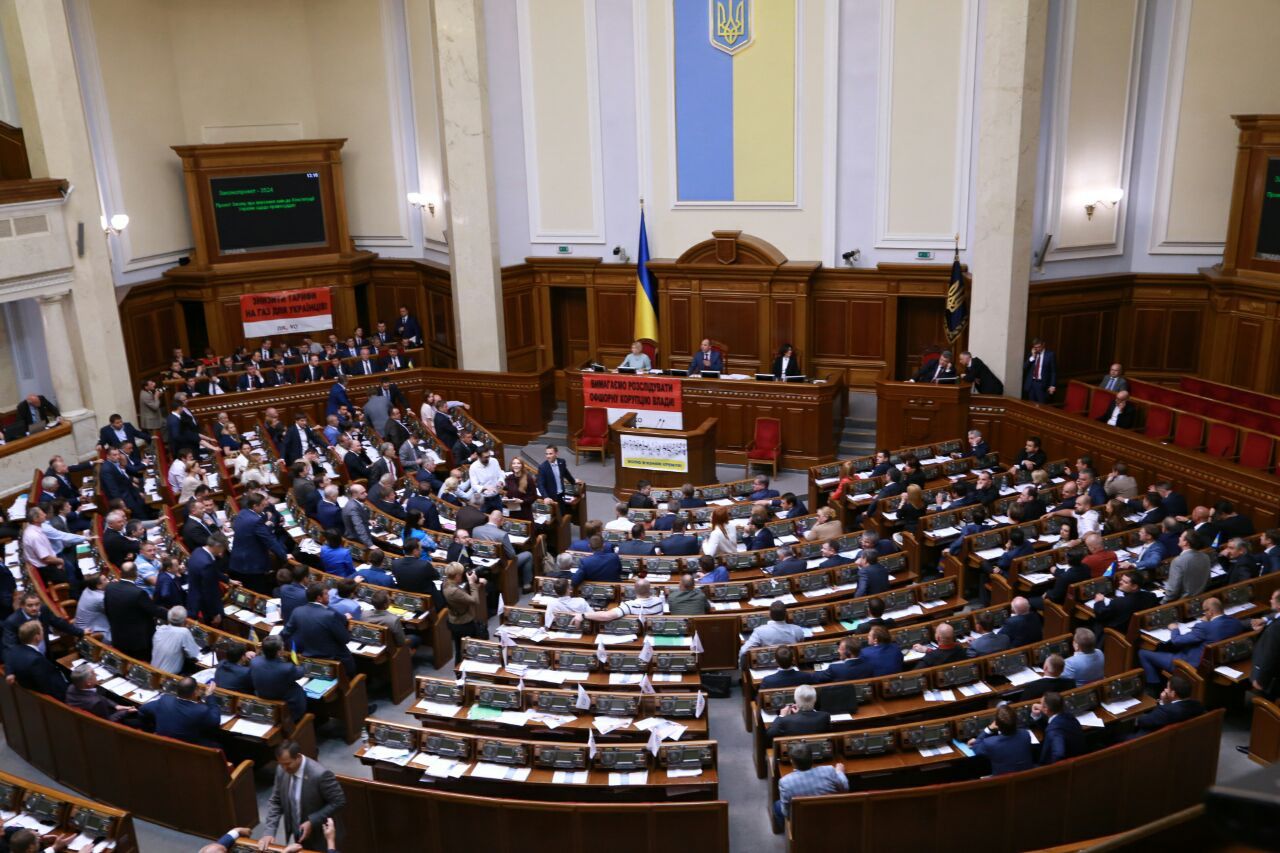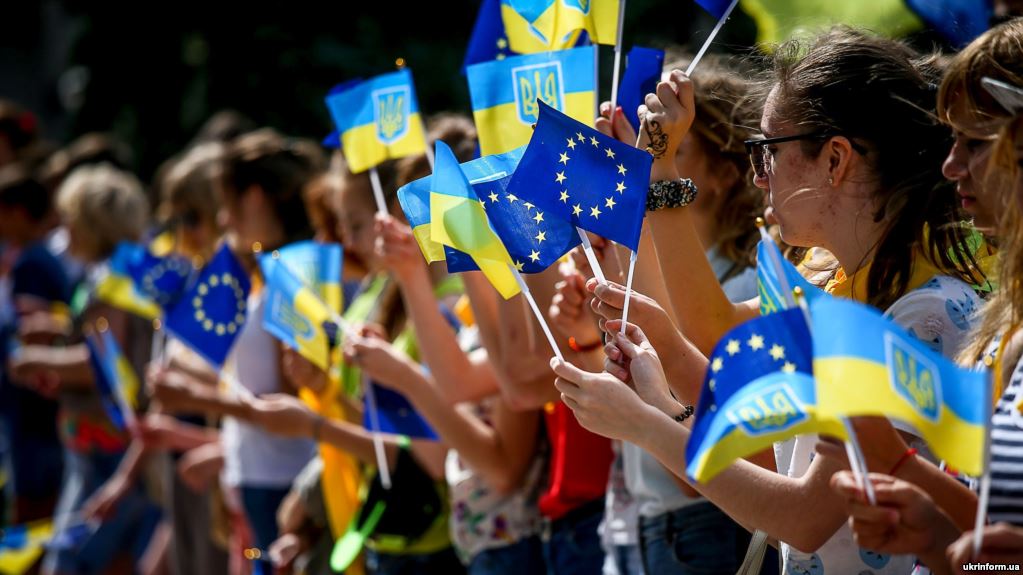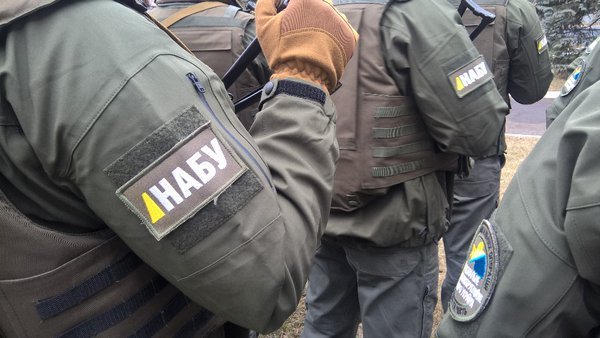Two years of debates about judicial reform finally transformed into action. The law on hard-fought Constitutional amendments on the part of judiciary was passed in Ukraine’s Verkhovna Rada (Parliament) today. However, the changes foreseen by the law “On amendments to the Constitution regarding justice” #3524 have a rather ambivalent meaning. Some experts have already labeled it a “betrayal.” Others say that it is a big step forward, but emphasize that it contains points with which they are totally disagree.
Why were these amendments so awaited in Ukraine? So far, all the steps for implementing the judicial reform were random and spotty, meaning that courts remained corrupt and were holding back all other reforms.
Read more: Old faces in courts endanger all Ukrainian reforms | #UAreforms
Constitutional amendments, if they are supported by corresponding supplementary laws, give hope that judicial reform will be completed and Ukraine will be able to focus on important changes which are next on the list.
What changed?
Age and work experience requirements were raised. The minimal age limit was raised from 25 to 30 years old and the maximum age for a judge is now 65. Work experience requirements were also raised from 3 to 5 years. The requirement about necessity to live in Ukraine for 10 years has been canceled.
Judicial bodies were replaced. The High Council of Justice will be created instead of The Court of Justice. Its list of responsibilities was expanded to include:
- making decisions on dismissal of a judge from the position,
- redirecting a judge to work in another court,
- giving an agreement on detention or arrest of a judge,
- making a decision on temporary deprivation.
The order of forming the body is also written in the law.
Hiring a judge. This responsibility is placed on the president of Ukraine at the suggestion of the High Council of Justice.
Competition to receive any position in court is introduced in Ukraine for the first time.
Society can be more involved. Anybody can file a complaint to the Constitutional court if a law which is used in a court proceeding against on his or her case contradicts the Constitution.
The supervising role is taken away from prosecution office.
Trial jury was abolished. The body of “people’s assessors” was abolished. It is worth mentioning that in previous times the jury’s role was rather formal with no real power to influence decisions.
The ratification of the Rome Statute is delayed for 3 years. Ukraine can accept the jurisdiction of the International Criminal Court under the terms defined by the Rome Statute of the International Criminal Court. However, this provision of the law will come into action only after 3 years.
The President received more control over courts. The President of Ukraine establishes, reorganizes, and liquidates courts prior to the introduction of the new administrative-territorial structure of Ukraine in accordance with the amendments to the Constitution on decentralization, but not longer than to the end of 2017, the transitional provisions of the law say.
What is wrong with the amendments?
On the one hand, the amendments were long-awaited and had to be passed urgently.
On the other hand, they were passed in a big hurry, with some provisions having an ambivalent meaning and carrying the capacity to bring back old problems in the future. Critics say that the forced passing of the amendments is nothing else than window dressing prior to the second anniversary of President Poroshenko’s inauguration (June 7). He assumed responsibility to implement the reform and even showed up in Parliament to make a speech on the importance of the new law. It seems that his words (or preliminary agreements) worked – the Verkhovna Rada displayed unusual unity, with 335 (out of 450) deputies voting for the law.
However, none of the Samopomich MP’s and only one MP from the Radical Party of Lyashko supported the law.
The head of the Samopomich Oleg Berezyuk explained the position of his faction:
“We see some good decisions in the bill, particularly the idea to allow dismissal of existing judges and appointment of new ones, which is provided by these amendments. However, we cannot agree with others, namely:
- Monopolized and transparent procedure for appointing new judges,
- Monopoly of attorneys to represent people in court,
- Three-year delay with the ratification of the Rome Statute,
- Totally incomprehensible wording ‘the prosecutor’s office organizes the work of the investigation.’ Words with an unclear meaning can’t be written in the Constitution, because they will lead to inevitable abuse.”
The Executive Director of the Ukrainian Helsinki Human Rights Union Arkadiy Buschenko stated that he is “not going to defend any of deputies who voted for the law on the Constitutional amendments when another political force will come to power and will start political prosecutions. Let they be defended and supported by the court and attorneys which will be created in a result of this decision.”
Still, the changes are called to finally move the reform forward. Among positive points are the new High Court and the new people who will be appointed to it as a result of an open competition. Judges together with their family will have to submit documents proving their income is legal. Of course, the effectiveness of these and other provisions will depend on their implementation.
Amendments to the Constitution on justice come into force after three months after the day following the day of publication of the relevant law except the provision about The International Court of Justice.
Related:
- Ukraine’s judicial reform: plus ca change | #UAreforms
- Poroshenko explains his choice of prosecutor
- How Ukraine’s old guard killed the prosecution reform
- A new General Prosecutor for Poroshenko
- Kyiv must reject West’s calls to change Constitution and hold elections in occupied Donbas, Piontkovsky says
- Ukraine’s Constitution and the “experts”





